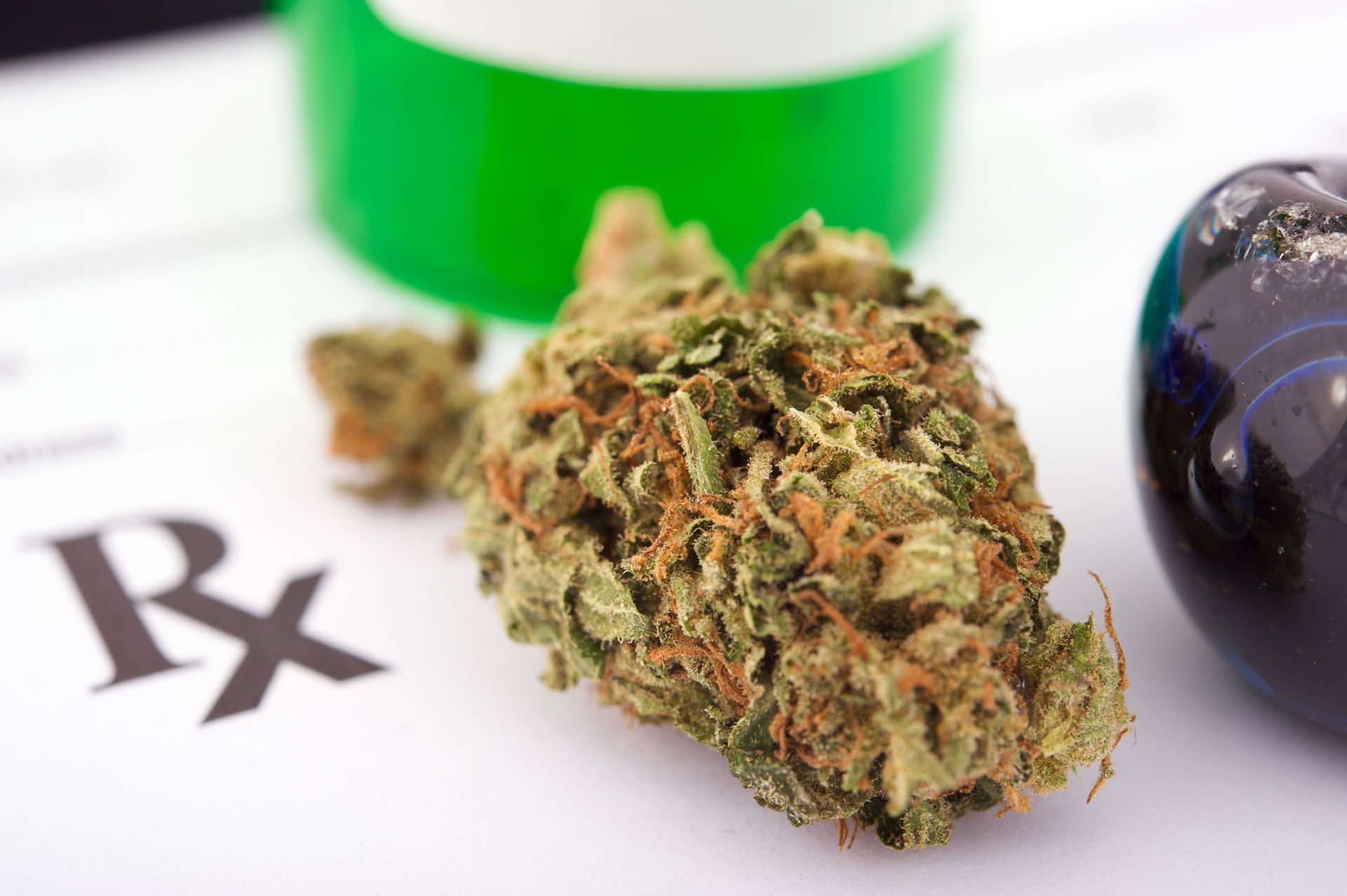What Can Medical Marijuana Help You With?
If you are in pain or have a condition that medical marijuana would help, contact a local marijuana doctor's office. Marijuana can act as a pain killer for many different conditions. You can find out if the condition you have allows you to use medical marijuana and how it can help by speaking with a marijuana doctor. Here are a few things medical marijuana can help you with.
What Conditions Are Treated With Medical Marijuana?
There are many conditions that can be helped by medical marijuana. If your doctor thinks medical marijuana will help you, they'll get you a medical marijuana card. This card allows you to buy marijuana from authorized sellers. Your doctor may prescribe medical marijuana to treat:
- Chronic pain
- Seizure disorders
- Multiple sclerosis
- Pain from cancer treatment
- Insomnia
- Depression, anxiety, PTSD, and similar mental health issues
Discuss the severity of your condition with your marijuana doctor and see what they can do for you.
How Does Medical Marijuana Work?
Medical marijuana acts as a pain killer. You can take this in a variety of forms such as pills, liquid, powder, dried leaves, and oil. You administer the medical marijuana yourself and how often depends on your symptoms as well as the form you use. Medical marijuana relieves the pain you are feeling due to your condition.
According to americanmarijuana.org, 29% of cannabis users stated that CBD products are the best products for medical relief. This shows how it can relieve so many people's pain. Don't worry about any stigma surrounding this pain relief. Taking marijuana safely with the help from a marijuana doctor is recommended.
What Are the Side Effects of Medical Marijuana?
Now, medical marijuana can be great to relieve the pain you are feeling, but it can bring some short-term side effects. These can be dizziness, the feeling of elation, drowsiness, short-term memory loss, and even can cause severe anxiety and psychosis. Speak with your marijuana doctor about what side effects you may be prone to and how you can help these if they arise.










Share On: